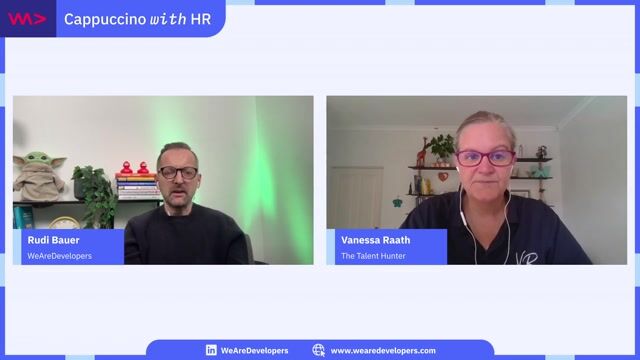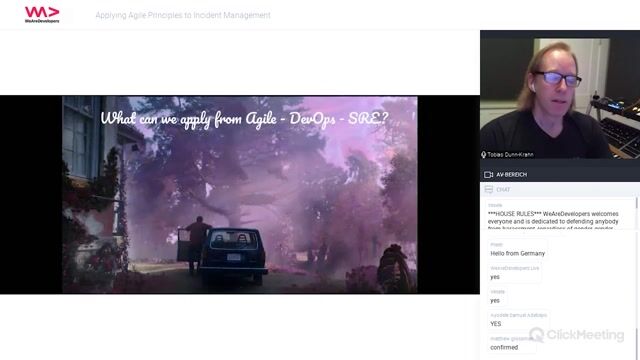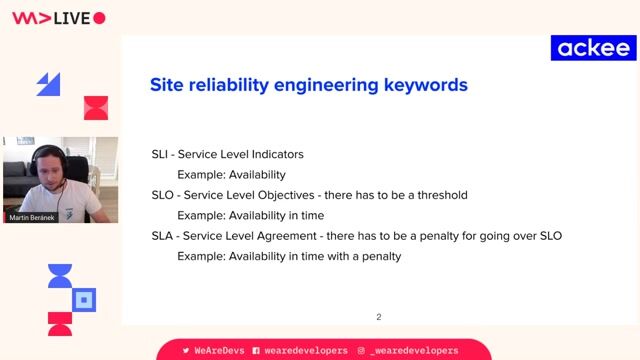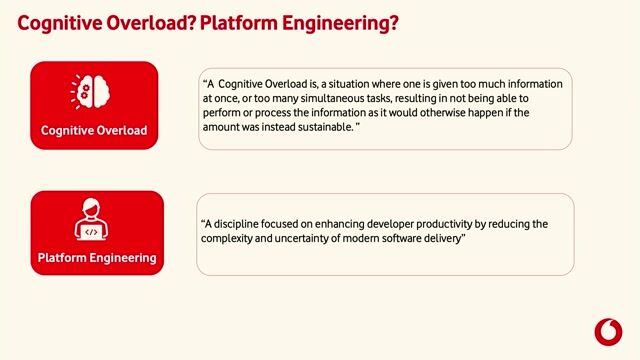Site Reliability Engineer
Role details
Job location
Tech stack
Job description
A Site Reliability Engineer is responsible for transforming the SDLC environment with engineering-focused role that emphasizes system reliability, automation, and performance in a non-production setting., Establish service level objectives (SLOs): Define and measure key service indicators (SLIs) for test environments, such as availability and provisioning time, to ensure they meet the needs of development and testing teams.
Monitor environment health and performance: Use observability tools like Prometheus and Grafana to track the health of test environments, identify bottlenecks, and resolve issues proactively, not reactively.
Manage incident response: Lead the incident management process for test environment issues, conducting blameless post-mortems to understand the root causes and implement lasting fixes.
Minimize toil: Automate manual, repetitive tasks associated with test environments to free up engineering time for more strategic work.
Strategic and cultural responsibilities
Drive continuous improvement: Analyze environment performance data, incident reports, and post-mortems to identify opportunities for continuous improvement and innovation.
Balance reliability and speed: Use an "error budget" for test environments. If environments are highly reliable, teams can use the budget for quicker feature development. If reliability is low, the focus shifts to improving stability.
Instil a reliability culture: Promote a blameless culture around test environment incidents, encouraging shared ownership and collaboration between development, QA, and SRE teams.
Capacity planning: Anticipate the future resource needs of test environments by analysing usage patterns and project forecasts. Ensure the infrastructure can scale to meet demand.
Advance test data management: Work with Test Data Managers to ensure that test data is not only readily available but also consistent, compliant, and automatically provisioned with the environments.
Requirements
Expertise in tooling: Proficiency with monitoring and logging tools (e.g., Prometheus, Splunk, Grafana), CI/CD platforms (e.g., Jenkins, GitLab CI), and configuration management tools (e.g., Ansible, Terraform).
Cloud infrastructure knowledge: Deep understanding of cloud platforms like AWS, including experience with containerization technologies (Docker, Kubernetes) and serverless computing.
Scripting and programming: Strong scripting skills in languages such as Python or Bash to automate environment management tasks.
Systems and networking knowledge: Solid understanding of Linux systems, networking concepts, and database management.
Soft skills
Leadership and influence: The ability to champion SRE practices and influence technical and business stakeholders across different teams.
Problem-solving: Strong analytical and debugging skills for investigating and resolving complex environment issues under pressure.
Communication: Excellent communication and collaboration skills to bridge the gap between development, QA, and operations teams.
Adaptability: A proactive and adaptable mindset to keep pace with evolving technology and development methodologies.










